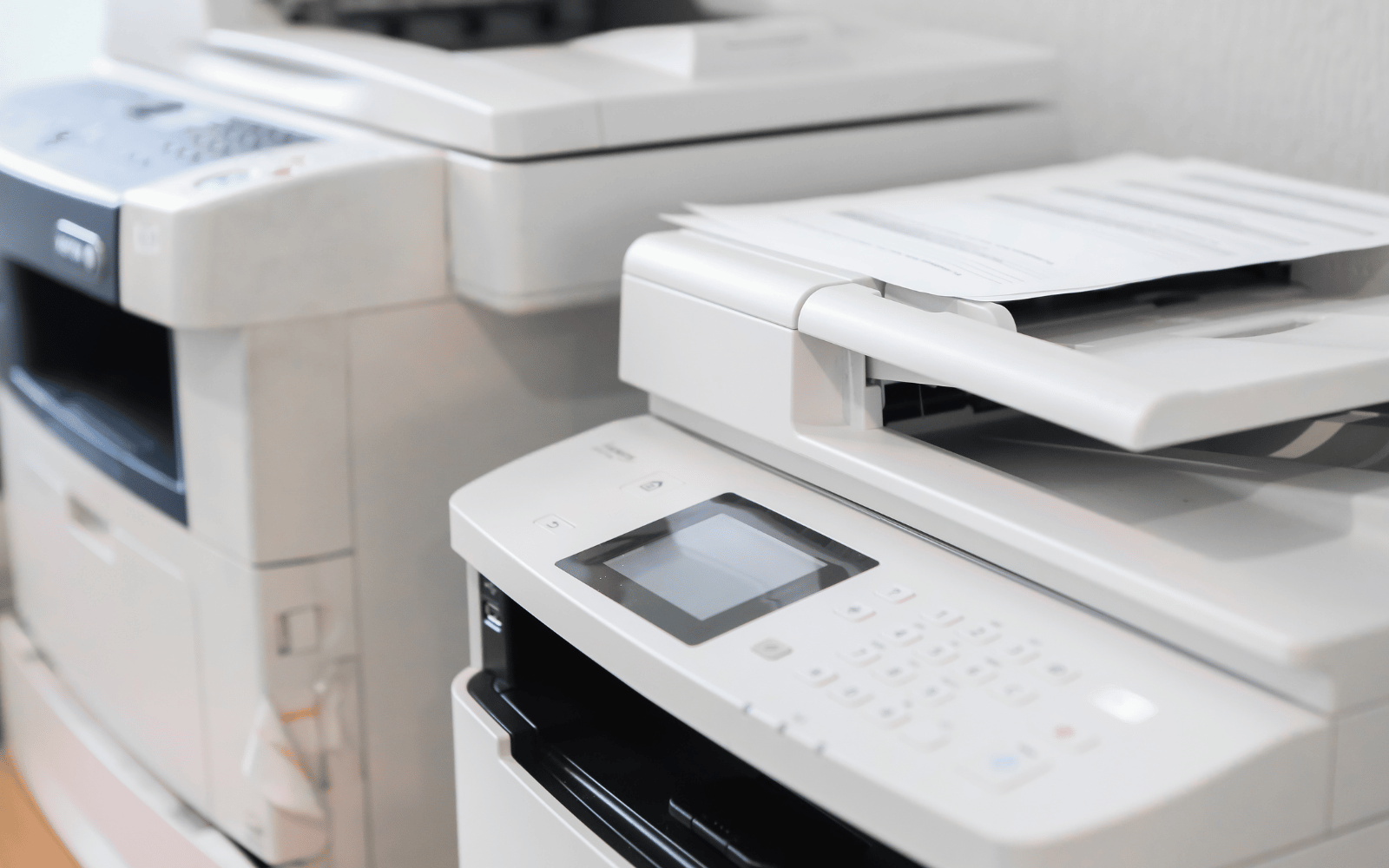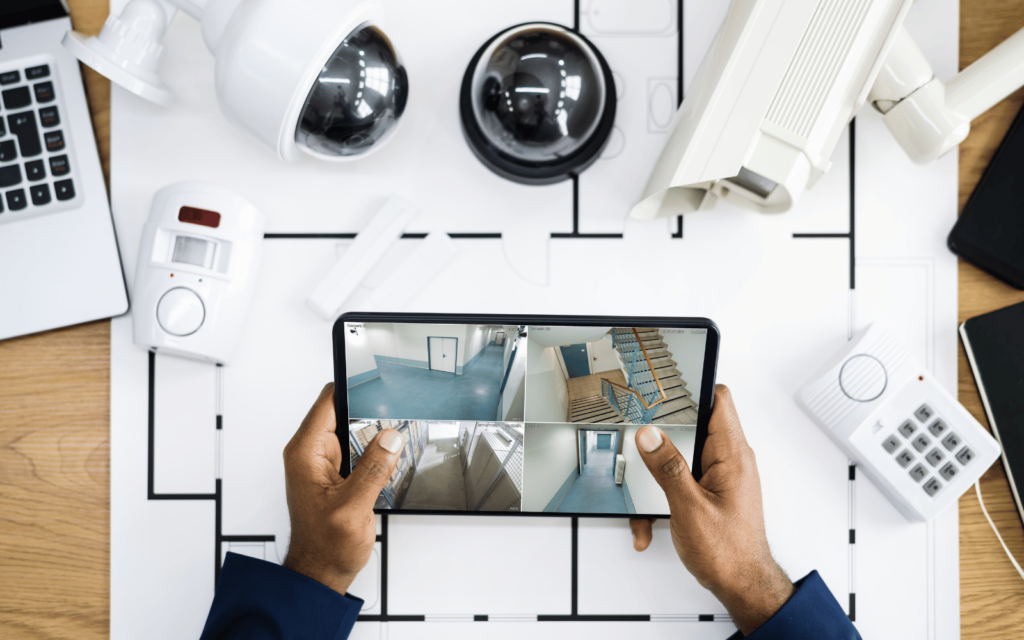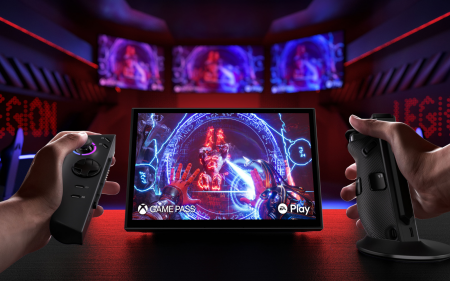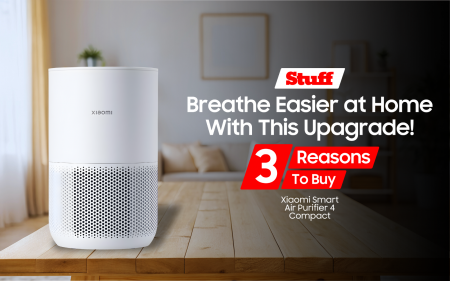When setting up a business, one of the most important decisions every business owner must make is whether to rent their business equipment or buy it outright. This choice is an important one, as it has implications for the business’s financial management, operational flexibility, and long-term sustainability. It is a decision that should not be made lightly.
To help out any business owners who are currently mulling this over, let’s take a look at both approaches and offer some food for thought on each.
Benefits of Renting
Cost Savings
The biggest appeal of renting is, first and foremost, that it’s a lot less capital-intensive, as it does not require that you spend a lot of money upfront to get what you need to run your business. This means you could potentially have free capital that can be allocated to other areas of the business, such as marketing, hiring, or research and development. There are also tax benefits to renting, like being able to deduct rented equipment payments from your taxable earnings.
Flexibility
Renting equipment offers the kind of flexibility that owning just doesn’t. This is particularly relevant for businesses with needs that shift and change over the year, as they can upgrade or upsize/downsize their equipment depending on what they need in that moment.
Access to the Latest Technology
Renting equipment means you always have access to the very latest technologies without paying the earth for them. And often, rental contracts include the option to upgrade to the very latest at no extra cost when it becomes available. This is especially useful in industries where technology rapidly evolves, as this ensures that businesses can remain competitive without worrying that their new equipment will quickly become obsolete.
Maintenance: Someone else’s problem
If something goes wrong with a piece of equipment you’re renting, whoever you are renting from is contractually obligated to handle the repair. This means if something breaks, you simply hand it back for the rental company to deal with, and they provide you with a new, working piece of equipment so you can carry on doing what you do. There is very little repair-related downtime – if a repair takes ages or requires an expensive part that comes from far away, you don’t need to deal with any of that.
Advantages of Owning
Long-term Cost Efficiency
Buying equipment outright can be more cost-effective in the long run. While it may cost more in the beginning, not having to pay rental amounts every month can result in significant savings over time. And as equipment depreciates, its value can be accounted for as a business expense, offering potential tax benefits.
Control and Customisation
When you own all of your own equipment, you have complete control over its usage, how it’s customised, and maintenance. You can tailor your equipment to specific needs, optimise operations, and ensure what you own does exactly what you need it to.
Asset Value and Equity
Buying equipment increases the value of the business’s assets, which contributes to the business’s overall value. This can be good for you when you’re looking for financing or trying to attract potential investors. And when you own your own equipment, you can do things like leasing it or selling it to generate additional revenue which you can’t if you’re renting.
Making the Right Choice: Things to Keep in Mind
 Financial Resources and Cash Flow
Financial Resources and Cash Flow
Knowing your business’s financial position and its cash flow situation is crucial. If money is limited (or more like, ‘when’), renting your business equipment might be a more palatable option for your bank balance. On the other hand, businesses with healthy cash flow and access to favourable financing may lean towards ownership.
Equipment Lifespan and Industry Dynamics
Keep in mind how long your equipment is expected to last, and the pace at which technology changes in your industry. If your equipment becomes outdated quickly, renting may be the better choice. However, if the equipment keeps up with changes in your industry and remains able to do the job for years, owning it may be a better investment.
Operational Flexibility
How much flexibility do you need? If your equipment needs change frequently or if you need to be able to scale up or down with very little notice, renting provides your business with increased agility. On the other hand, if stability and customisation are essential, owning equipment offers greater control.
Make it personal
The decision to rent or own business equipment is not a simple one, and careful consideration is recommended.
In short, renting is cheaper in the short term, offers superb flexibility, and gives you access to the latest technology with very little fuss, while owning provides long-term cost efficiency, increased control, and contributes asset value to your business’s bottom line.
We recommend that you evaluate your financial situation, have a good understanding of the trends and competition in your industry, and identify your operational needs. By doing so, you can choose the option that aligns most effectively with your goals.
In some cases, combining rental and ownership may be the most practical solution as it caters for the widest range of use-case scenarios and budgets.
Trust your instincts (and your financial advisor) while you keep these things in mind, and we’re confident you will reach the best decision for your business, your circumstances, and your ambitions.




